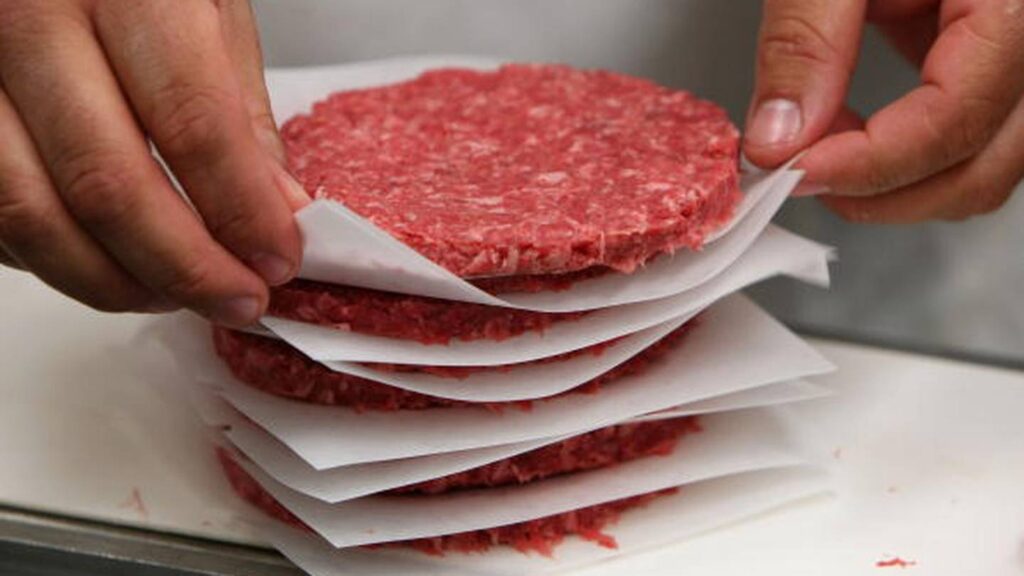The U.S. Department of Agriculture announced Monday that the U.S. government is collecting samples of ground beef from retail stores in states where avian influenza is occurring in dairy cows.
>> Read more trending news
The agency said it would test for signs of the virus but remained confident the meat supply was safe, Reuters reported.
The Department of Agriculture announced it will sample ground meat purchased at a grocery store in the state where a dairy cow tested positive for the H5N1 avian influenza virus.
Federal authorities announced last week that they had confirmed the H5N1 virus in 34 dairy herds in nine states since late March, and that a person in Texas who had been caring for infected cows had been infected with the H5N1 virus. .
They also took samples of muscle tissue from sick cows that had been culled from the herd, inoculated the ground meat with a “viral substitute” and cooked it at different temperatures to see how much virus was killed at each temperature. We are also conducting cooking research to investigate. Heat settings.
In addition:
– The Department of Agriculture on Monday began requiring lactating dairy cows to test negative for avian influenza before being moved across state lines, as officials seek to contain the virus.
· Owners of herds whose dairy cows have tested positive for interprovincial travel will be required to provide epidemiological information, including animal movement tracking.
· Dairy cows traveling on interstate highways must comply with conditions specified by APHIS.
The USDA inspects each animal before slaughter, and all cattle carcasses must pass post-slaughter inspection before the meat can enter the human food supply.
In addition, virus remnants were found in milk from some cows on grocery store shelves.
However, the U.S. Food and Drug Administration announced Friday that preliminary results from PCR (polymerase chain reaction) tests showed that pasteurization killed the avian influenza virus in the milk.
On April 16, microbiologists with the USDA Animal and Plant Health Inspection Service identified changes in H5N1 samples taken from cows in Kansas that may indicate the virus has adapted to mammals, according to a statement from the USDA. It has been shown that there is.
The Centers for Disease Control and Prevention has performed further testing on the sequence of samples and said the overall risk factors for the virus infecting the general population have not changed.
This change has been seen previously in other mammalian infections and did not affect viral infections, the agency said.


